#010 Nostalgia might be holding us back
Explore how nostalgia shapes our present, why we idealize the past, and how uncertainty fuels this longing. A journey of reflection and discovery awaits.
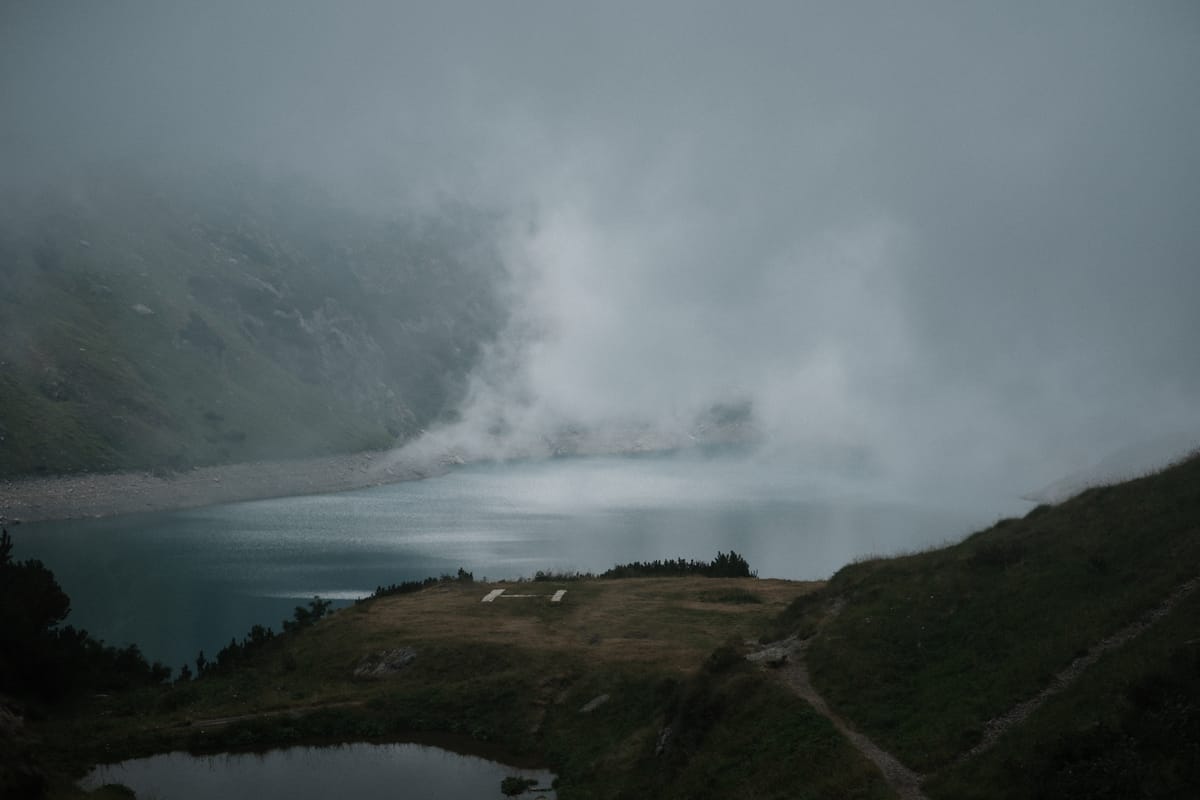
Dear Hotpot reader,
When was the last time you felt nostalgic? When was the last time an image, a song, an item, or a smell took you back in time? In today's world, this might not be a mere personal experience, but a shared and collective condition.
This Hotpot issue explores nostalgia and how its pervasive nature defines this current era.
What is going on? Why aren’t we looking forward to our futures, and instead finding refuge and comfort in looking back to an idealized past?
I am officially on a sabbatical. A sabbatical that among many things is also devoted to understanding if my nostalgia is a romanticized memory of something that lives in my head and is nowhere to be found.
I am supposed to be walking and cycling across Italy. Long-awaited plans might suddenly change due to unforeseen circumstances. Falling off my bike and dislocating my AC joint is one of those circumstances. Ouch.
Within limitations new opportunities arise, and after a few inward journeys and a month with a harness, I took my old little Fiat Panda 4×4 (how nostalgic is this?!) across half the country. I intentionally avoided highways, embracing a slow and unpractical travel dimension, enjoying beautiful landscapes, and surviving the scorching heat. No AC, my dear. Blazing heat in that little box on wheels.
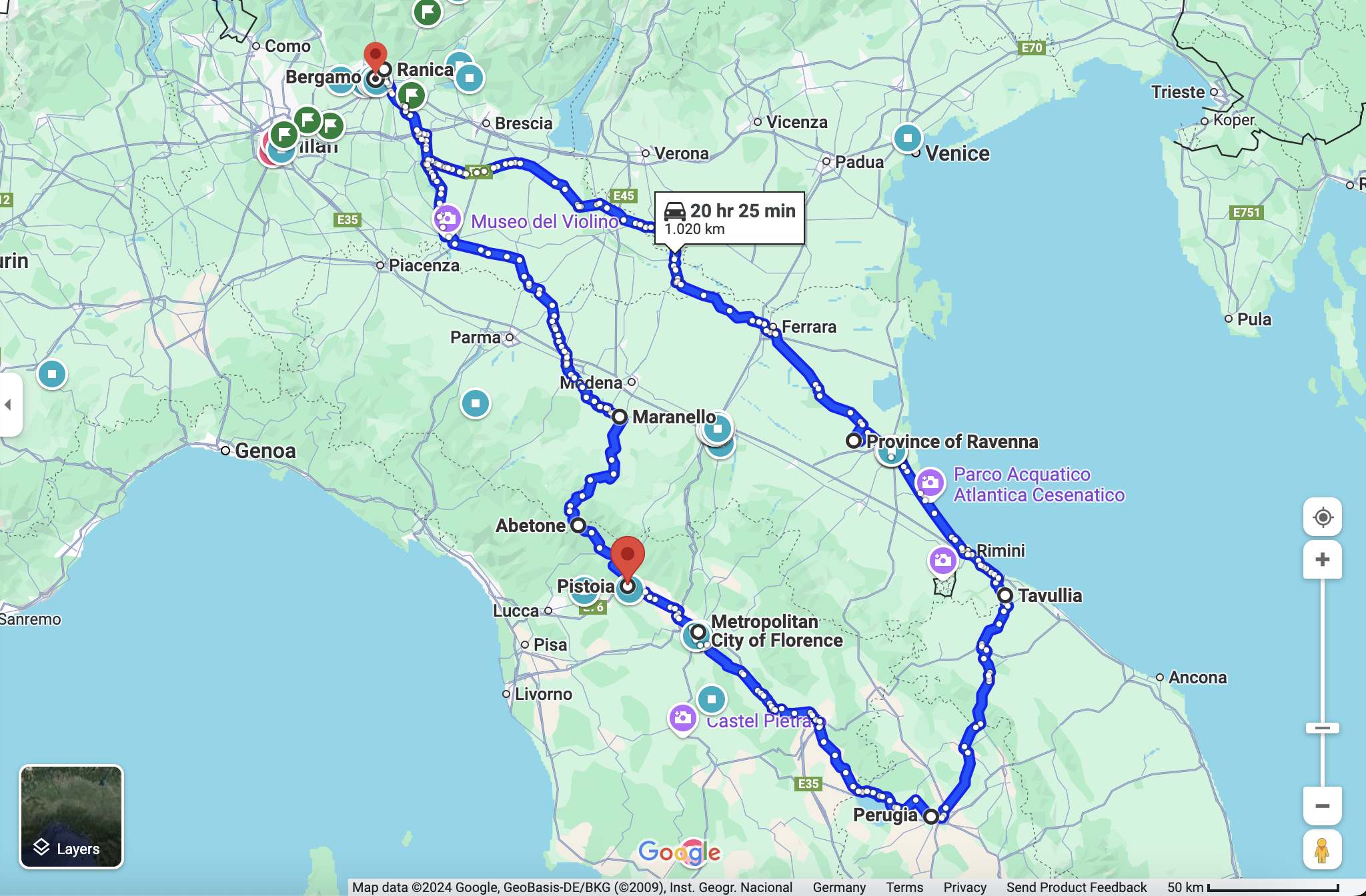
One stop I’d like to share with you. Perugia. Beautiful city. Amazing Porchetta. Notable bookstore. Edicola 518. It cannot go unnoticed. In the evening, as you walk up the steep staircase of the old town, a red gloomy light coming from a traditional newsstand catches the passerby’s attention.
This is Edicola 518, an avant-garde 4m2 bookstore in the heart of Italy, that has certainly made good use of cultural icons of the past to shape their identity and be memorable.
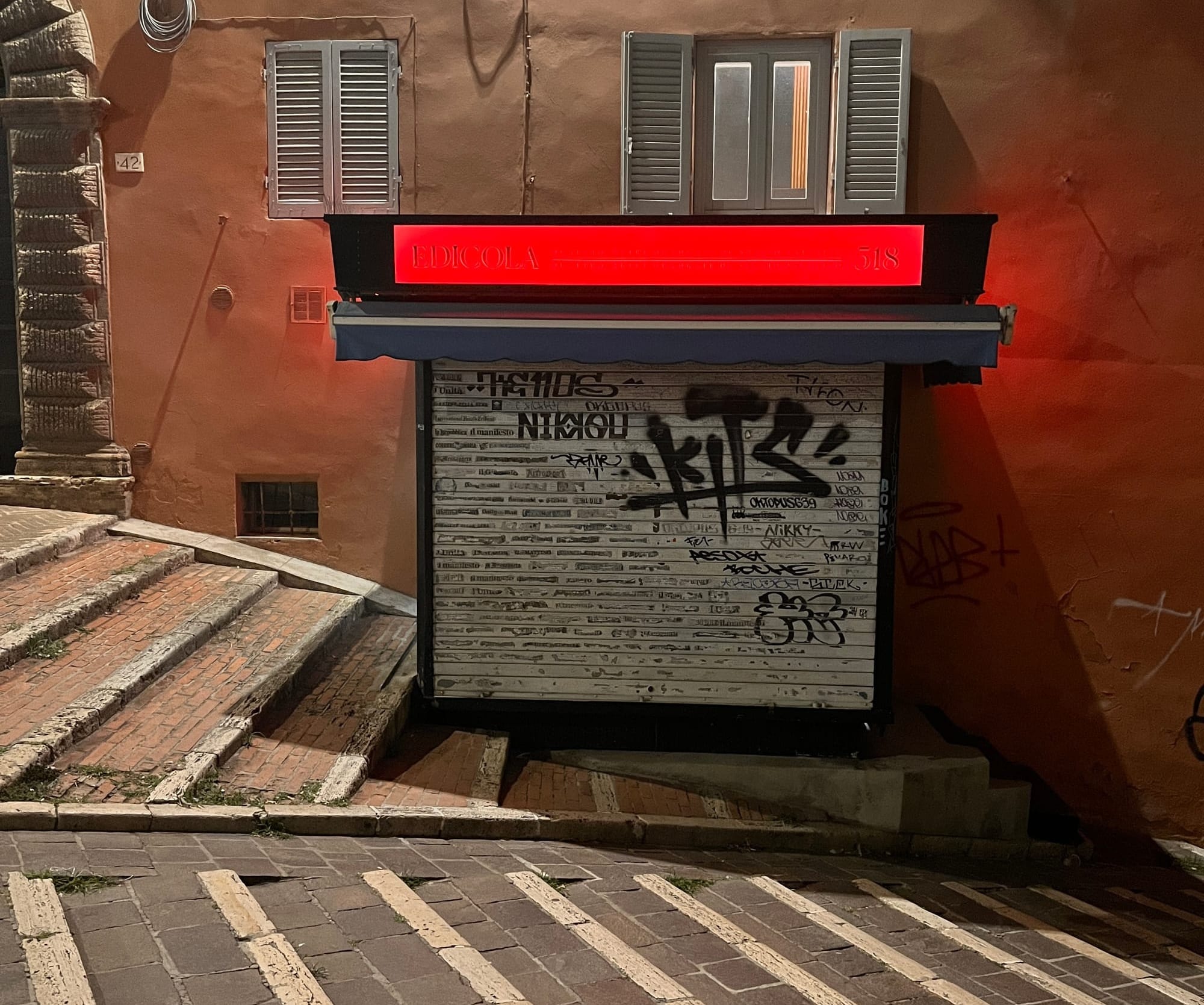
Nostalgia, Capitalism, and Unimaginable Futures
At 518, I bought a few books from Nero Editions, and the first I read was Capitalist Realism by Mark Fischer. The author underpins how capitalism as an ideology and system has become so pervasive and unchallengeable that it is easier to imagine the end of the world rather than an alternative to it.
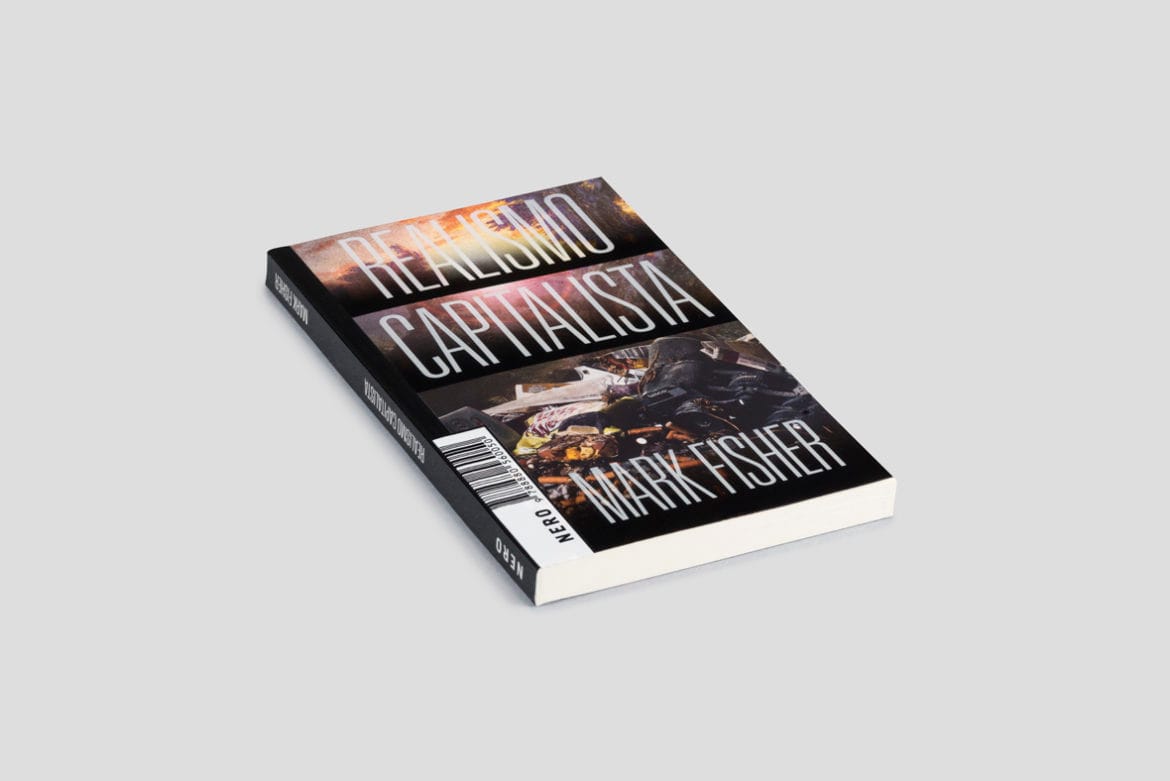
Something in the book strikes me. The Postmodern Condition and the cultural stagnation that arises from the endless recycling of the past in pop culture make new futures unimaginable.
Remember, this issue is about nostalgia. Let’s get into it.
As I venture inward to understand the root cause of my nostalgia, a wider and multifaceted definition of nostalgia unravels in front of me.
While this is neither a comprehensive nor scientific exploration of the topic, I hope that exploring different realms permeated with nostalgia might spark new thoughts and reflections, and why not, new conversations with me or your peers.
Nostalgia as an escape from the future
In July, Protein hosted an interesting panel titled: Isn’t it time we break up with nostalgia? You can watch it here.
From the panel, the idea that nostalgia is a reaction to uncertain futures resonated with me. In the concept of Liquid Modernity, Zygmunt Bauman sees the search for stability (often in the past) as a reaction to uncertainty. The past and nostalgia might hide pitfalls that should not be underestimated.
With this in mind, I started looking with different eyes at my feeling of always-longing-to-somewhere-else. Remember when we talked about placelessness?
What if I am simply romanticizing and idealizing something that has either never existed, or that does not exist anymore?
Nostalgia and Loss
As I was driving through Italy, I thought about how the Italian author Cesare Pavese, in “La luna e i falo’ (The moon and the bonfires)” weaves the relationships between identity and the impossibility of fully returning to the past.
The protagonist returns to his childhood village after years abroad, seeking to reconnect with his past and a sense of belonging.
Pavese highlights how a true return is simply not possible as things change and evolve. It does not matter how much you long for it, you cannot bring the past back.
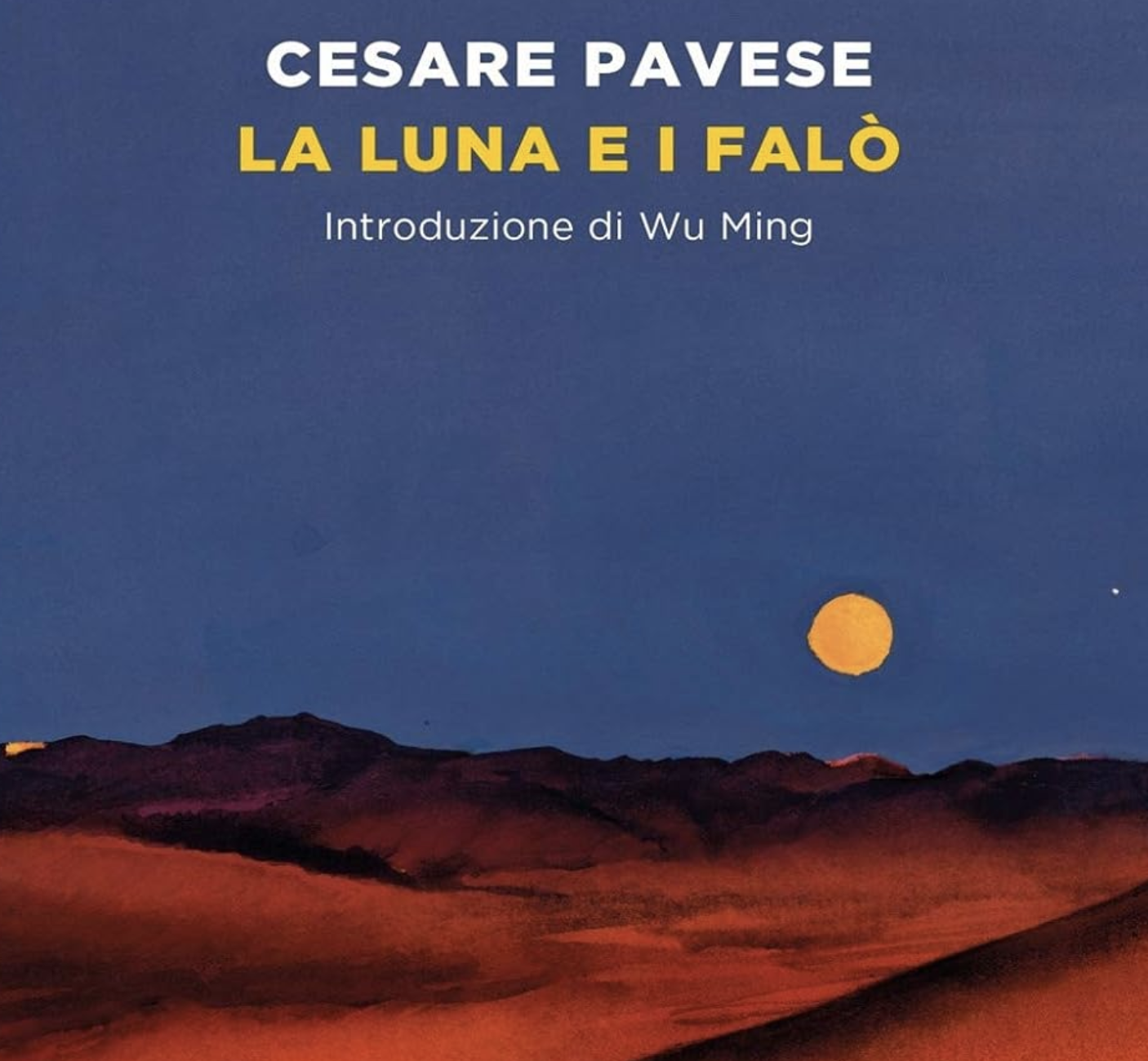
Nostalgia as a comfort mechanism
I realized it when watching Sidney Sybilia’s superpop movies. The director not only paints an era that was desirable to live in, but movies like Rose Island and Mixed by Erry show that anything was possible weaving both aesthetics and self-empowerment.
While after watching the movies, I feel an inner drive to rock some sideburns and flare jeans, I remind myself that the stories I watched do not represent those years in their full complexity, but they are an aesthetic simplification of them.
Looking back to an idealized past, undeniably offers a sense of comfort and stability, conditions that are simply hard (if not obsolete) to reach and find in current times.

The commodification of nostalgia
Nostalgia is continuously commodified and repackaged as a product. From product re-launches to the reboot of movie franchises. Brands are tapping into our memory trying to sell us experiences picking on our deepest emotional strings. As our past continuously evolves into a vast marketplace, we prefer to be distracted from our future rather than engage with it.
Frederic Jameson calls pastiche the stagnation that comes from recycling styles, aesthetics, and concepts, without innovating. (In Postmodernism, or, the Cultural Logic of Late Capitalism)
Collective and algorithmic nostalgia
In Italy you have tons of Facebook groups called “Sei di ... se” (you are from ... if). I have been searching and browsing these groups as they resemble a collective effort of remembering and living a shared past.
Memory, our capability to recollect or rebuild instances of our past, now processes memories and information that are resurfaced to our attention from not only our communities, but also from devices, and platforms. The act of recalling memories is different than the act of building narratives on prompted memories.
Top this up with the memetic qualities of nostalgia, and the infinite and immediate multiplication and distribution qualities of content through social media. Even the tiniest piece of information through global reach can have a strong influence or impact on how we rebuild and idealize the past.
Devices, platforms, and algorithms use nostalgia as a tool to leverage memories. Think of Spotify time capsules or your iPhone and Facebook memories.

Nostalgia in politics
Nostalgia exceeds the cultural realm and is an important aspect of political narratives.
Populist movements build their identity on idealized national identities and better times vouching for their re-establishment. From “Make America Great Again” to Brexit and nationalist campaigns, to the populist movement in Italy that builds its narrative on the pride (and appropriation) of the rich artisanal past of the country.
These tactics not only are capable of altering the individual sentiment but entire national narratives.
Could you think of other examples in which nostalgia has been leveraged in politics? If so, how could we best defend ourselves from manipulative tactics and foster critical thinking?
Especially in politics, nostalgia is a distraction from present and current challenges. As the past is both an individual and a collective lived experience, it is a relatable narrative. Grasping present and future challenges requires imagination and creativity, it requires courage to navigate the unknown taking risks and decisions.
Nostalgia and the environmental crisis
Haven’t you ever craved a simpler life? Have you already shifted your ambition from the quantitative accumulation of wealth to the qualitative aspects that a life that embraces harmony promises? Have you ever considered growing a vegetable garden so that you know what you eat and do not need to pay 5 euros for a tomato? I did and I do, all of them, all the time.
As I have recently discovered The Pillow, I also stumbled on Martijn Doolard youtube channel building his two huts in the Piedmont Alps. Who wouldn't dream of a simpler life in harmony with nature?
This longing, once stripped of all the romanticism that is wrapped in, makes me think that is a symptom of a larger and deeper problem: we lose hope in collective progress, so we retreat. This escapism, clashes with what is needed: future-oriented collective action.
Andrea’s Malm, in his book Fossil Capital, argues that nostalgia, in the environmental crisis caused by consumption, might be distracting us from focusing on future-oriented solutions. Instead of imagining new futures, we give up (on the collective) and rather tend our own garden.
Do not despair. Some communities explore new models of living and organizing, there are changemakers who through individual and shared efforts are trying to catalyze change on a larger scale.
I have always been attracted by alternative “operating” models no matter the context they operate in.
My experience in cultural DAOs (Decentralized Autonomous Organisations) has proven that even if new models of cultural production and distributions are explored in niche environments, there are valuable learnings that can be transferred and applied to our daily lives. I would have not started a knowledge-sharing network at adidas, if I had not been part of the Protein Community.
Of course, alternative operating models and proposals are piloted across industries and contexts.
In agriculture for example, an early player in the field is Ernst Götsch, who has been active in Brazil since the early 80ies and has revitalized degraded plots of land proving that regenerative farming can benefit both the environment and local communities.
Syntropic farming shows how to revert the extractive nature of farming into a regenerative one. Italian friend and designer Eugenia Morpurgo has done some interesting work on the materials that syntropic systems might help create.
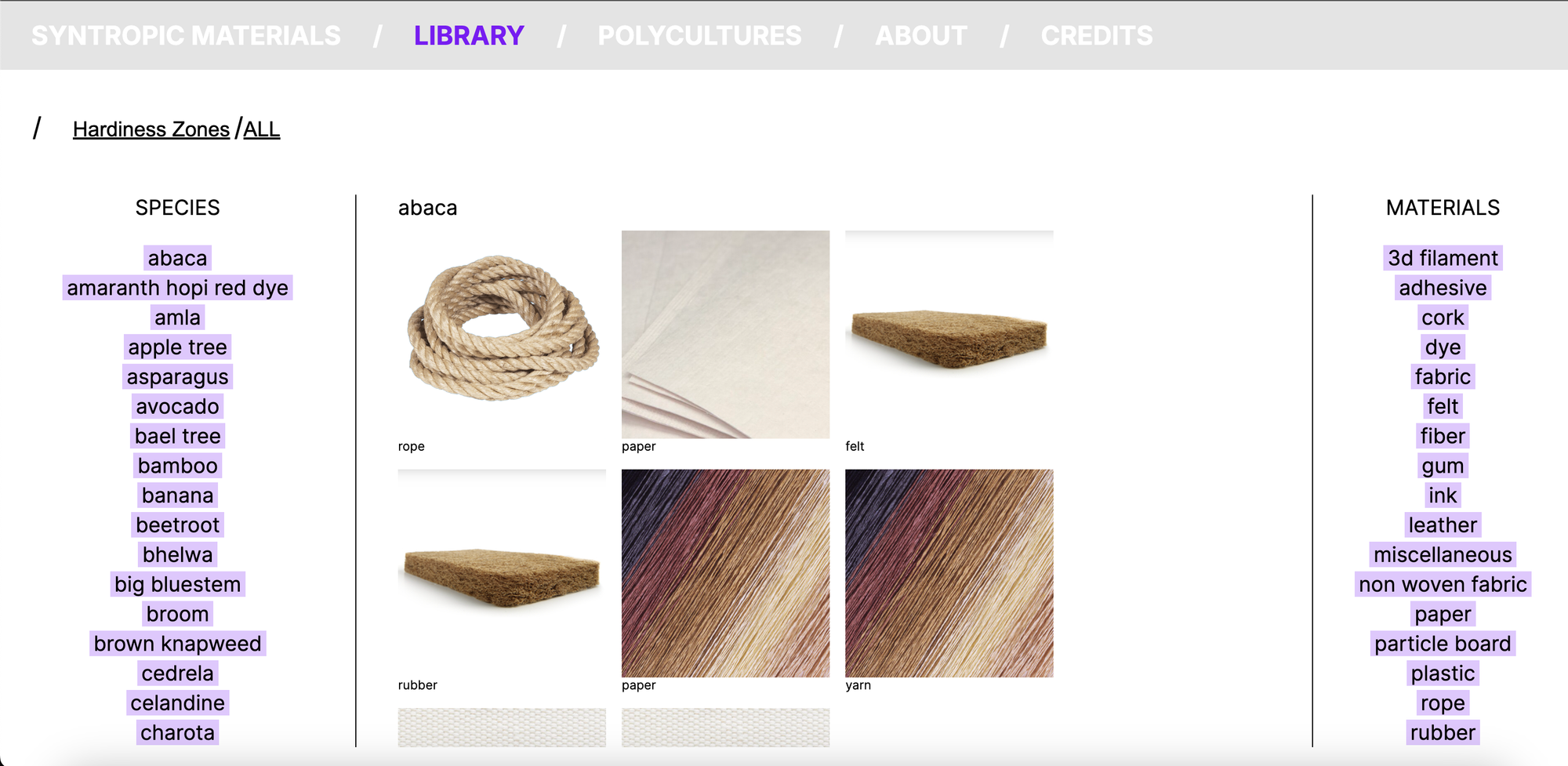
Butterfly effects and lost futures
Mark Fischer, talks about lost futures as futures that could have been if history folded in one way or another. How would the future look like if x or y happened?
Looking at the past and taking a few steps back might allow us to steer direction and take different paths that lead to radical alternatives.
The short but intense time spent in governance in blockchain-operated communities has proven to me that cooperative values and principles of shared ownership, workers' welfare, voting, and coordination that were conceived 150 years before, could see a new renaissance if blended with new technologies and context. Taking journeys in our history, and blending principles of the past with conditions of the present could determine the inception of alternatives of the future.
A beautiful cult movie on memory. The butterfly effect.
Nostalgia and solidarity
As I was once walking on the hills surrounding my hometown with my father, he pointed at trees that his friends and him planted in their twenties when they founded the branch of an environmental NGO in their town.
I was seriously moved and intrigued by the force that has pushed twenty-year-old kids to give their contribution and impact to the local community.
Putting energy towards something that would not be going towards self-betterment or well-being is just not that common. A difficult truth to admit to myself I must say.
The ambition to thrive as much as the need to survive in an ever more competitive social landscape, has normalized a much more individualistic society. Solidarity is a value to bring back and promote throughout society, leveraging it as a catalyst of change within small and large organizations, across the wide spectrums of contexts of our lives.
Nostalgia and community
In the last few years, the word community has been abused and mistreated by brands and organizations that leverage communal values and sentiment within their customer base to increase engagement and brand affiliation.
Community is a dirty word, and if you want to know more, you should definitely look at the dirty word report I had the pleasure of collaborating on during my time at Protein.
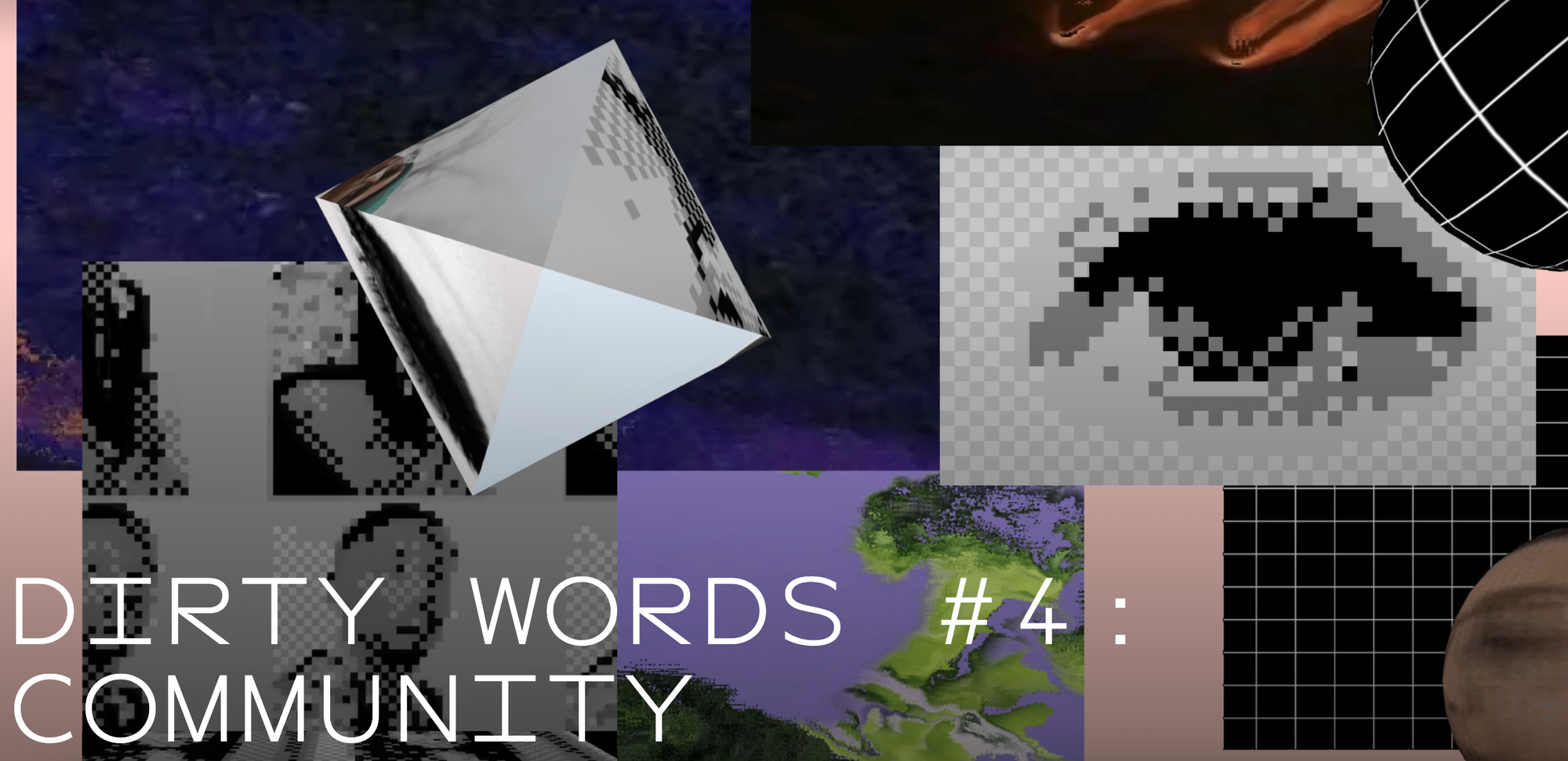
Vittorio De Seta, an Italian neorealist documentarist, beautifully captures one of the sad truths of contemporary society and its idea of progress.
“The result is the disintegration of the entire social system, which is no longer based on the principles of solidarity and love, but on the idea of well-being and profit, to earn more and more.”
Conclusion
Thank you for being still with me. You have probably realized that Nostalgia is a sword with a double edge. On one hand, it enables us to better understand the past to shape our future, on the other, it can be a trap that distracts us from the urgent matters of the present.
Svetlana Boym, in The Future of Nostalgia, discusses how nostalgia can either be restorative, aiming at recreating the lost and idealized past, or reflective aiming at critically reflecting on it. Nostalgia is either Sybilia or De Seta.
The current uncertainty and instability of our times is a condition we cannot escape from. Learning how to embrace it means learning to shift the innate need for stability and safety with more dynamism and adaptability.
Our sense of agency in the process of adapting to evolving circumstances is what can help us take critical journeys in our past to propel us into the future.
By writing this, I realized my nostalgia wasn’t a call from the past, but a response to the uncertainty ahead. I hope sharing this journey sparks new thoughts and conversations in your life. And if you ever want to chat, I’m just an email away.
If this newsletter sparked any thoughts, I’d love to hear from you. Whether it's feedback or just a conversation, you can always reach me at hotpot@andreabrena.com
I am always down to have a chat, so if you would like to share your perspective you can always reach out at hotpot@andreabrena.com
If you think someone else might enjoy reading this type of content, the greatest help you can give me is to forward this email to a friend and invite them to sign up.
This newsletter content will always be free to readers, whether they are members or not, but if you want to help fund more outputs of work, I invite you to consider becoming a patron. You will be the first to know about future releases, and have discounts, too.
I want to leave you with an art recommendation. My partner Elena and I were blown away by Jeremy Shaw’s Phase Shifting Index at Berlin’s Hamburger Bahnhof. It brilliantly blurs the line between documentary and fiction, challenging your sense of time—fitting for a newsletter on nostalgia and how we perceive the past.
Thank you for supporting, receiving, and reading Hotpot.
Until next time
Andrea